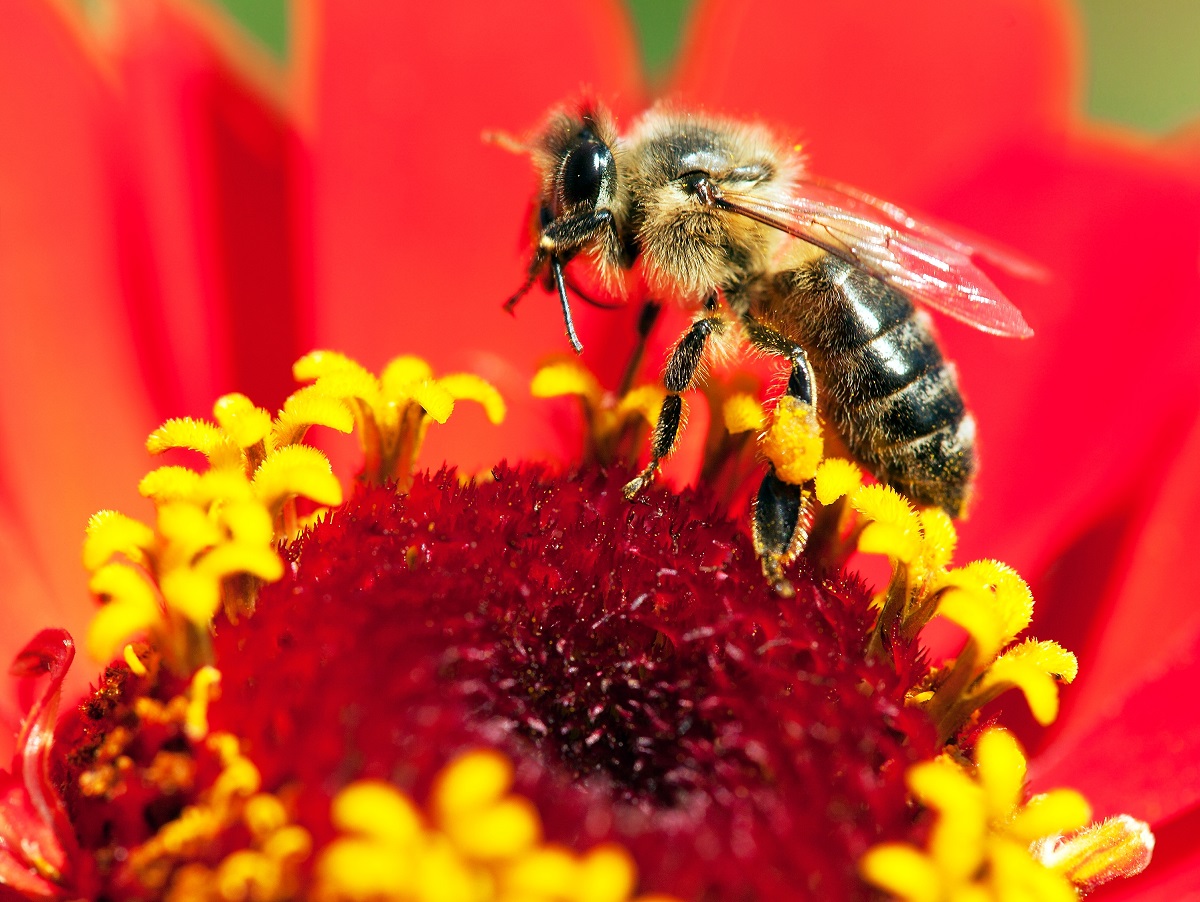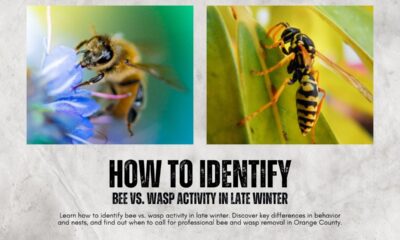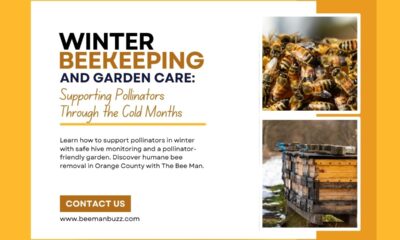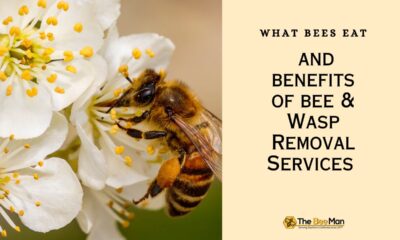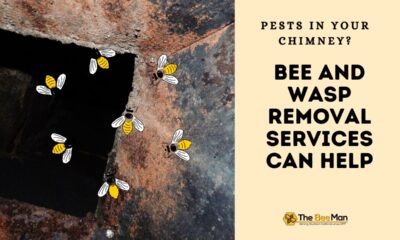Home Improvement
Bee Sting Treatment by Bee Removal Experts
Bee removal Orange County experts agree that while honey bees are tiny, their stingers can be quite powerful. Even for people who are not allergic to bees, getting stung can be a painful experience. This can make it hard for someone who has never been stung to stay calm and take action to relieve themselves.
It is always better to be prepared, which is why Orange County bee removal experts are sharing their tips for bee stings. So, if the time comes, you know what to do.
Why do bees sting?
Bees have stingers in order to protect themselves and their colony. Since they are a social species that lives in a hive which produces honey, a valuable food source, they need some kind of weapon to maintain community strength.
When bees are agitated by humans or other animals, they will usually sting to give other fellow bees time to reach safety. A honey bee stinger has barbs that allow it to stay inserted in the person or animal being stung. This includes part of their abdomen, which leads to the death of the individual honey bee. The stinger releases pheromones to let other bees know that there is a threat and it also releases venom that is painful or even dangerous to some people.
How do I recover from a bee sting?
Once you are stung, the first step is to remove the stinger from your skin. Bee removal professionals in Orange County say that the faster you remove the stinger, the better chance you have of minimizing venom injection. Stingers can usually be pulled out with the edge of a credit card or with long fingernails.
The second step is to thoroughly clean the area with warm water and soap. You want to make sure that you give the area a good cleanse in order to prevent infections from occurring.
Finally, you may notice some redness or swelling near the area you were stung. Some people also experience itchiness or throbbing pain. You can apply a cold ice pack in order to alleviate these symptoms. If the pain is still uncomfortable, then you may want to take a pain reliever medicine to help.
In most cases, people will only experience a mild pain or irritation from a bee sting. However, there are some cases in which people are seriously allergic. If you notice more severe swelling, hives, or experience difficulty breathing or vomiting, then you should call 911 for immediate treatment by professionals.
What are some home remedies that I can use for a bee sting?
People who are not seriously allergic to bees can relieve some of their symptoms with some homemade remedies. Here are some recommendations:
- Honey can actually act as an antibacterial substance to encourage healing.
- Baking soda will help alleviate pain and itchiness.
- Apple cider vinegar can help particularly painful stings by neutralizing the venom.
- Aloe vera applied to the area of the sting can help alleviate pain.
- Lavender essential oil will reduce inflammation and swelling.
- Tea tree oil acts as an antiseptic by reducing the risk of infection.
- Witch hazel can be particularly useful for inflamed skin.
How can I avoid getting stung?
It is not always possible to prevent bee stings altogether. However, there are some ways that you can reduce your chances of getting stung if you are a little more aware of these things:
- Wearing shoes to avoid stepping on bees outside
- Avoiding bee swarms or hives
- Refraining from using sweet perfumes or lotions on your skin
- Covering food and beverages when eating outside
- Wearing darker colors instead of bright, attractive prints

